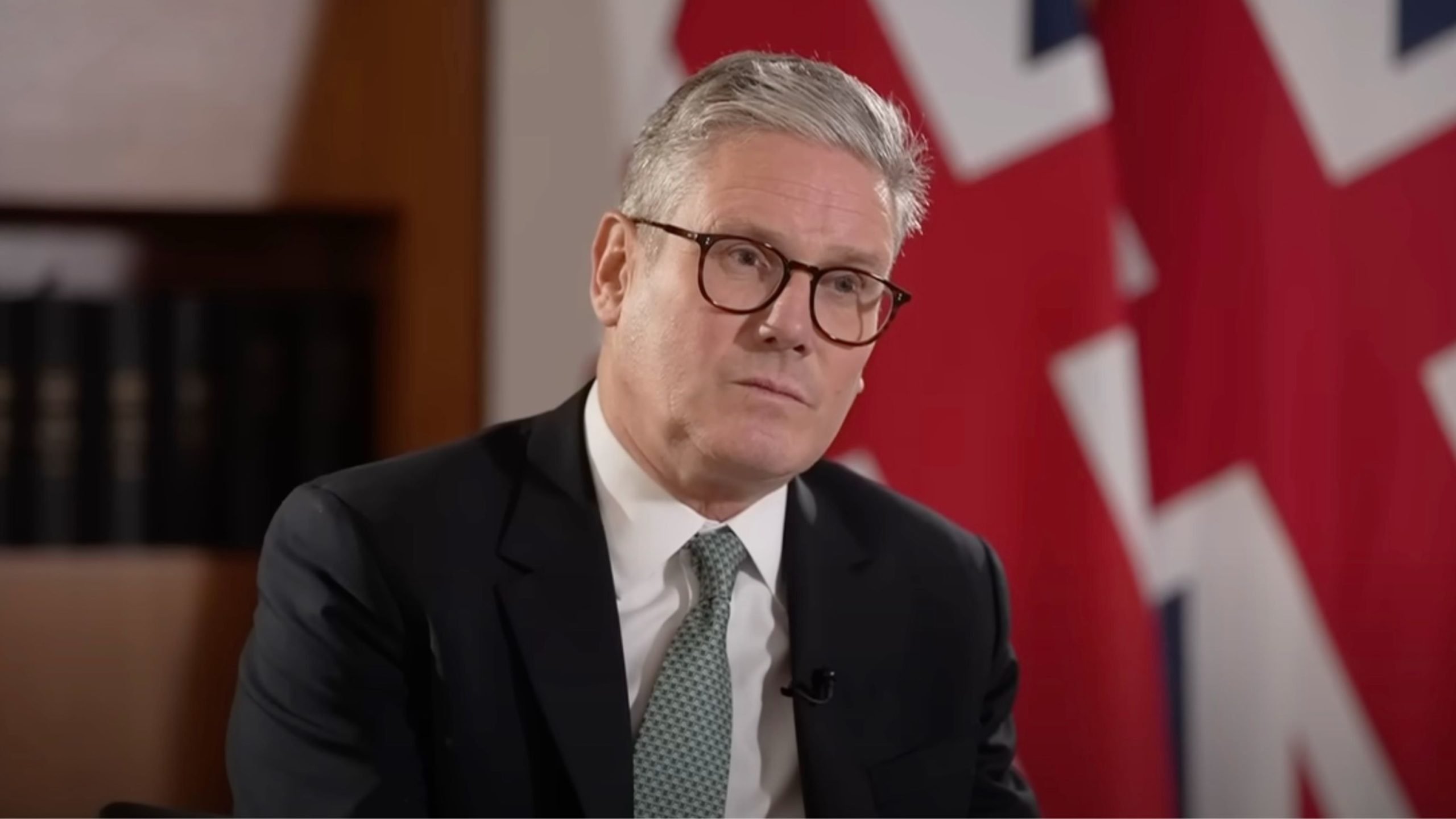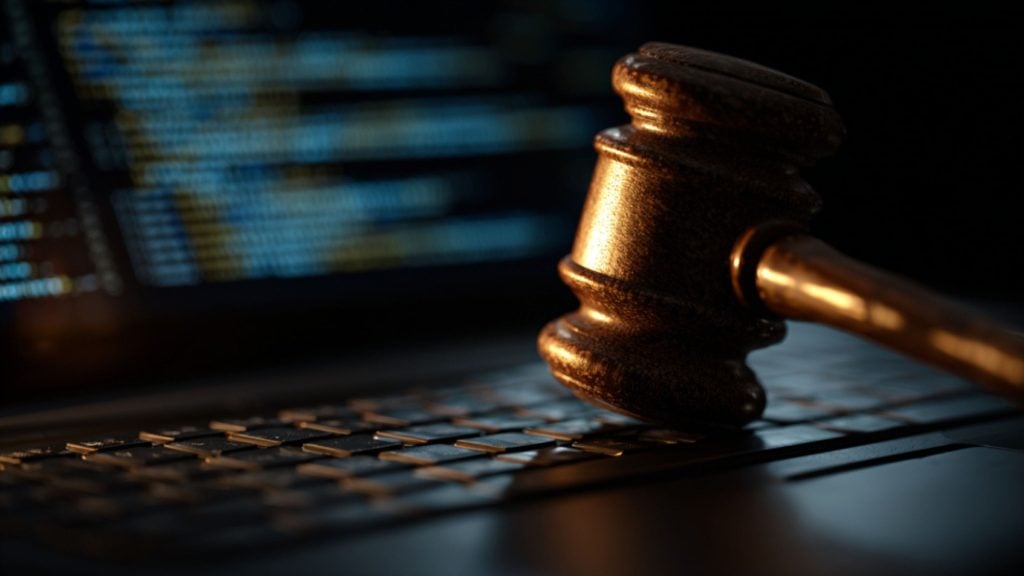As European leaders scramble to shield their economies from impending US tariffs, the UK’s Labour government appears ready to make significant concessions. Facing the risk of economic fallout, Prime Minister Keir Starmer’s administration has reportedly signaled to Washington that it is open to revising the controversial and dangerous Online Safety Act — legislation critics have described as an aggressive censorship regime.
The Act, which gives UK regulators the power to fine tech companies for failing to remove vaguely defined “harmful content,” has been a major point of contention between the two allies and has become a major threat to free speech online. The Trump administration has been especially vocal in its opposition, viewing the law as an affront to free speech and a potential financial burden on US tech giants.
According to The Telegraph:
“Downing Street is willing to renegotiate elements of the Act in order to strike a trade deal, should it be raised by the US, The Telegraph understands. The law has been heavily criticized by free speech advocates and economists, who argue its broad provisions to tackle harmful online content could lead to excessive censorship and deter investment from American tech giants.”
The Online Safety Act arms UK media regulator Ofcom with sweeping new authority over social media platforms, enabling the imposition of multimillion-pound fines for failing to police content according to government directives. While supporters claim the law is necessary to protect users, critics argue that its vague wording and punitive approach encourage preemptive censorship — where platforms remove lawful content simply to avoid regulatory punishment.
President Donald Trump’s return to the White House has intensified scrutiny of the law. The president, who has been highly critical of social media censorship, has surrounded himself with influential voices in the tech world, including Elon Musk, whose platform, X, is already preparing to challenge Ofcom’s authority.
“Another source close to the Trump’s (sic) administration suggested the act was viewed as ‘Orwellian’ in the US and could become a flashpoint in negotiations. ‘To many people that are currently in power, they feel the United Kingdom has become a dystopian, Orwellian place where people have to keep silent about things that aren’t fashionable,’ they said. ‘The administration hate it [Online Safety Act]. Congress has been saying that [it is a concern] ever since it was enacted. Those in the administration are saying the exact same thing.’”
Musk has publicly condemned the Act, and with Ofcom set to gain new enforcement powers in March, tensions between US tech firms and the UK government are likely to escalate. The entrepreneur recently welcomed Trump’s presidency as a potential counterweight to the UK’s regulatory crackdown.
Free speech advocates on both sides of the Atlantic have long warned that Britain’s approach to online regulation represents a stark departure from the First Amendment protections enjoyed in the US. The Free Speech Union and groups like the Electronic Frontier Foundation (EFF) argue that the law’s restrictions on “harmful but legal” speech will lead to widespread content suppression, limiting open debate and investigative journalism.
Lord Young of Acton, the founder of the Free Speech Union, underscored the looming confrontation between UK regulators and US tech leaders:
“If that happens, Trump will side with his tech bros and tell Sir Keir that if he wants a trade deal, he’ll call off his dogs.”
Labour has previously doubled down on online regulation, with its election manifesto promising additional measures to “keep everyone safe online.” However, in the face of potential US trade repercussions, the government’s stance appears to be softening.
From Washington’s perspective, the Online Safety Act has become an obstacle to trade negotiations, raising concerns that UK regulatory overreach could deter American investment. Andrew Hale, a trade policy expert at the Heritage Foundation, confirmed that this issue has been a recurring theme in discussions with US officials.
“Every meeting I have to discuss trade policy with people either in the administration or Congress, they always raise that. They say, ‘This is a huge roadblock’.”
With Ofcom’s enforcement powers set to take effect soon, Britain faces a fundamental choice: cling to its stringent online censorship policies or prioritize economic cooperation with the US. The decision could shape the future of free speech in the UK for years to come.












